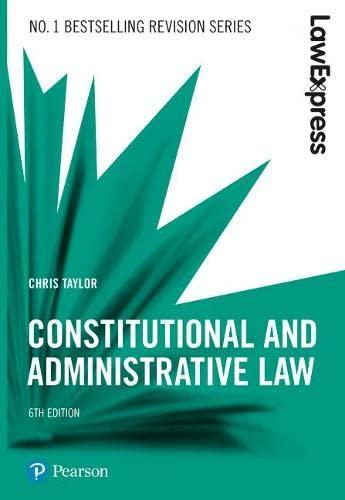CASE SYNOPSIS Gase 1.2: People v. Sisuphan Lou Bisuphan was the director of nance at Toyota of Harin in California. To purportedly jeopardize the employment of a subordinate nance manager. Sisuphan kept a payment of nearly 53!}.. from one of the subordinate's customers. Lou Suriyan Sisuphan took almost sauna from his employer's safe. hoping that a coworker would be held responsible for its disappearance and terminated. More than two weeks laterI Bisuphan told the dealership's general manager what he had done. adding that he had "no intention of stealing the money." The general manager terminated Sisuphan, who returned the cash. He was subsequently convicted of embezzlement in a California state court and appealed, arguing that his return of the cash negated the element of fraudulent intent. He was convicted of embezzlement {F'enodeI sun}, and appeals from the judgment of conviction. Bisuphan contends that the trial court erred when it failed to instruct the jury that Penal Code section 512 provided a defense to embezzlement if the evidence showed: {1} that at the time he took the moneyI he intended to return it. and [2} that he did so voluntarily before criminal charges were led against him."" He also asserts that the trial court erred in excluding evidence that he had fully restored the money to the company, claiming this evidence showed he never intended to keep it and therefore lacked the requisite intent for the crime. We reject these contentions and affirm the judgment. A state intermediate appellate court affirmed. Although "return of the property is not a defense to embezzlement," it may show that "a defendant's intent at the time of the taking was not fraudulent.\" But the issue in the circumstances of this case was whether Sisuphan intended to use the money "for a purpose other than that for which the dealership entrusted it to him.'I His purpose was to get a subordinate red. Because this was "outside the mist afforded him by the dealership,.'I evidence that he took the money for this purpose does not prove a lack of the requisite intent. 1. In this caseI the customer had given the payment to the nance manager who soon left it in Sisuphan's charge atop his safe in his ofce at the dealership. Suppose that the customer had handed the payment directly to Sisuphan, without the intermediation of the subordinate. off the premises and after hours. Would the result in this case likely have been different? 2. Given that Sisuphan returned the cash and the checksI was it fair of the dealership's general manager to terminate Sisuphan's employment? Why or why not







